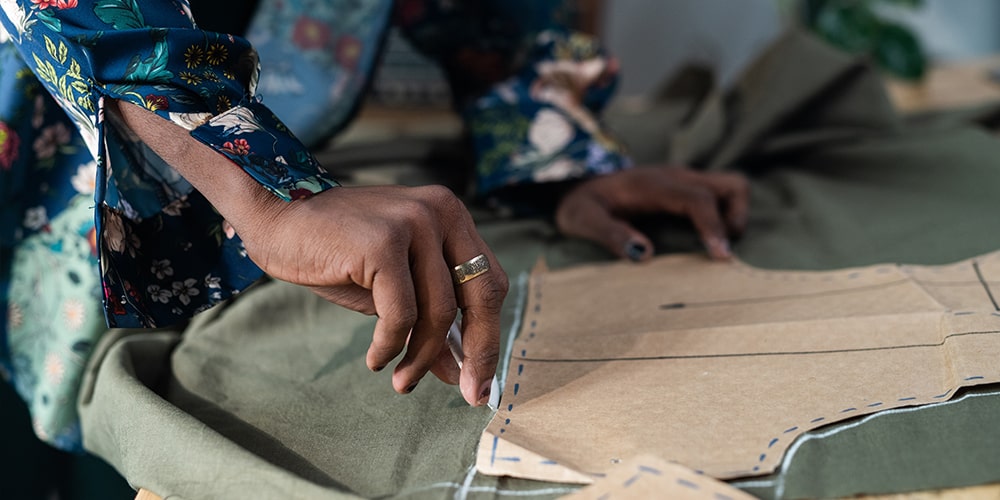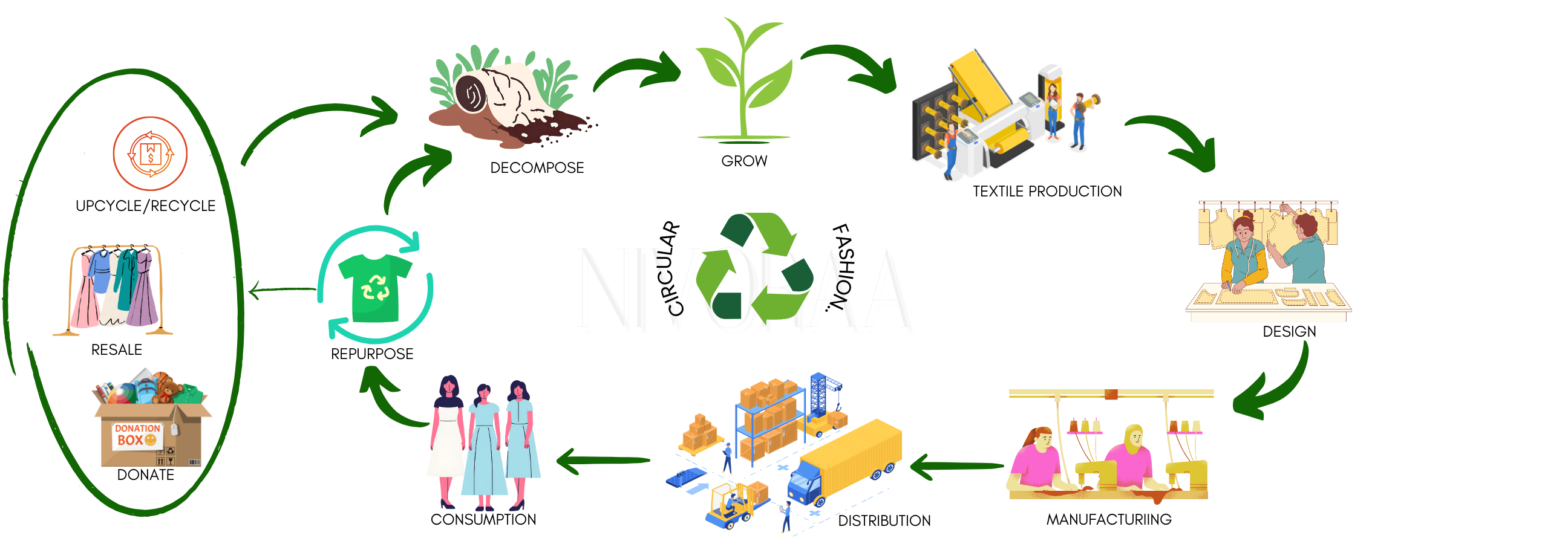
Embracing Ethical Work Culture: A Pillar of Sustainable Fashion Brands
In today's rapidly evolving fashion landscape, the need for ethical work culture within brands has never been more pronounced. As consumers increasingly demand transparency and sustainability, brands must prioritize not only the environmental impact of their operations but also the well-being of the people who drive them forward.
The Evolution of Ethical Fashion
The concept of ethical fashion has evolved significantly in recent years. Once seen as a niche market, it has now become a mainstream movement, with consumers actively seeking out brands that align with their values. From sustainable sourcing to fair labor practices, the expectations placed on fashion brands are higher than ever before.
The Importance of Ethical Work Culture
At the heart of ethical fashion lies the concept of ethical work culture. This encompasses a range of factors, including fair wages, safe working conditions, and opportunities for growth and development. A brand that prioritizes ethical work culture not only benefits its employees but also strengthens its reputation and long-term viability.
- Employee Well-being: A brand that values sustainability should extend that ethos to its employees. This means providing fair wages, safe working conditions, and opportunities for growth and development. When employees are treated well, they are more likely to be engaged, motivated, and productive.
- Brand Reputation: In today's interconnected world, news travels fast. Any hint of unethical behavior within a company's operations can tarnish its reputation and erode consumer trust. Conversely, a brand known for its ethical work culture can attract loyal customers who appreciate its commitment to doing good.
- Long-Term Success: Building a sustainable brand is a marathon, not a sprint. An ethical work culture fosters employee loyalty and retention, reducing turnover costs and ensuring continuity in the brand's mission and values. This long-term perspective is crucial for the enduring success of any sustainable brand.
Nivoraa: Setting a Standard for Ethical Practices
In the competitive landscape of the fashion industry, Nivoraa, as a startup, is leading by example in promoting ethical practices. Recognizing the crucial link between sustainability and ethical work culture, Nivoraa has implemented initiatives aimed at fostering a positive environment for its employees.
Work-Life Balance: Nivoraa prioritizes work-life balance by adhering to a standard workweek from Monday to Friday, with consistent hours from 10 a.m. to 6 p.m. This approach enables employees to better manage their personal and professional lives, reducing stress and enhancing overall well-being.
Paid Leaves and Holidays: Despite its startup status, Nivoraa offers generous paid leave policies, including vacation, sick, and parental leave. Acknowledging the importance of cultural and festival holidays, the brand grants time off to allow employees to celebrate and recharge.
Salary Hikes and Recognition: Nivoraa values its employees' contributions and ensures fair compensation through regular salary reviews. Additionally, the brand fosters a culture of recognition, acknowledging individual and team achievements to motivate and inspire its workforce.
Integrating sustainability into every aspect of a startup's operations, including its treatment of employees, is not just a choice but a necessity in today's socially and environmentally conscious landscape. By prioritizing ethical work culture, startups like Nivoraa can create a positive impact on both their employees and the world around them, paving the way for a more sustainable future. With its commitment to mindful craftsmanship and employee well-being, Nivoraa sets a powerful example for startups in the fashion industry, inspiring them to prioritize ethical practices and create a better, brighter tomorrow.





